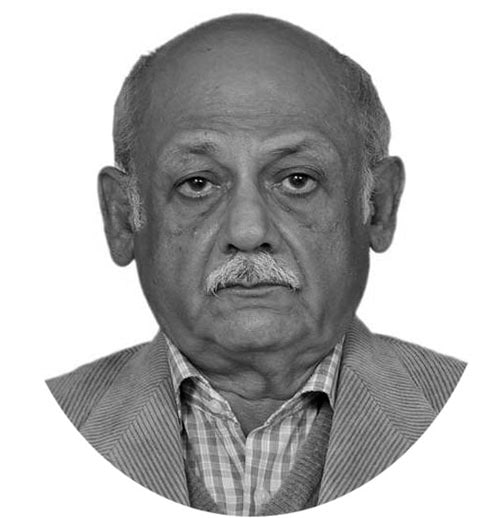Democracy and governance
DEMOCRACY is a form of government in which people govern them selves or elect representatives to govern them or it is a govt. of the people for the people by the people.
Ancient Greece is generally accepted to be the birthplace of democracy. The concept started from Europe after the treaty of West Phalia in 1648.
After the French revolution in 1789 democracy found a socially acceptable ambience because the institution of monarchy and the supremacy of the church were called into question and vehemently rejected.
Democracy flowered as a very secular concept and it was in 1848 that dictatorial concept was dealt a fatal blow and democracy coupled with nationalism began to flourish.
By mid twentieth century democracy faced the challenge of Nazism, Fascism and totalitarian concepts which were overcome after a bloody conflict and the philosophy of parliamentary democracy based on the norms of rationality and supported by the modern state spread rapidly across the world.
Since Pakistan is a culturally and ethnically plural society democracy is absolutely essential and necessary for the benefit of its territorial and political survival and integrity.
The distribution of economic and environmental resources like water, gas and oil among the provinces is possible only through the institution of democracy.
Historically speaking Pakistan was established as a parliamentary democracy with a strong federal structure on the pattern of Westminster of the UK.
Unfortunately democracy could not take roots in Pakistan in the seventy four years of its history.
Ideological confusion and greater emphasis on religious injunctions impeded and thwarted the growth of democracy and a Pakistani Nation state.
Immediately after the death of Muhammad Ali Jinnah extreme right wing parties and their political ideas took root in our political system.
This was a giant leap forward for the obscurantist forces and a step forward towards the state of ambivalence regarding political and social aims and objectives of the nation.
This allowed undue space to the religious element into the social and political arena of the country and thus very cruelly mauled and distorted nature of democracy.
This was a clear violation of the charter of human rights and even the charter of the United Nations. It is extremely discriminatory and against the ideas of the founding fathers.
Non-Muslims have been barred from the highest offices of the land and consequently political instability and dictatorships became an abiding feature of the country.
This was the beginning of fundamentalism and sectarianism and we are still facing the terrible consequences starting with the first military dictatorship of Ayub Khan and the abrogation of the 1956 constitution in 1958.
Ambivalence about the role of religion has caused conceptual and ideological confusion among the people.
This country was conceived and founded as a nation state for the Muslims of the sub-continent but Pakistan became an “ideological state” with religion as fundamental rationale for its existence and this became the basis for the clerics of Lal Masjid and Mullah Fazlullah of the TTP to challenge writ of the state in the name of religion.
The blatant and frequent use of religion in the affairs of the state has paralyzed the rule of law and good governance in the country.
On 30 October 2018 the Supreme Court of Pakistan overturned the death sentence of a Christian woman Aasia Bibi or Aasia Masih on the charge of blasphemy.
The hard-line religious party TLP launched a country wide violent movement and demanded the reversal of the court decision.
Supreme Court judges were threatened and abused and even their families were not spared and the entire country faced total chaos and anarchy.
The crisis finally ended after the Imran Khan Government gave in to the demands of the religious extremists and offered immunity to the violent activists of the TLP and allowed them to submit a new petition calling on the court to reinstate the death penalty of the Christian woman.
This meek acceptance of the demands of a religious group amounted to propagation of religious intolerance, sectarian hatred that threatens the lives of religious minorities.
Another major impediment for democracy is the persistent political tensions. Since assuming power in 2018 the PTI govt. has done nothing to narrow divisions between it and the main opposition parties.
The Govt has targeted all opposition leaders mercilessly and entangled them in corruption trials and the security agencies have cracked down hard on all protesting or dissenting voices within civil society and the media.
—The writer is Professor of History, based in Islamabad.










